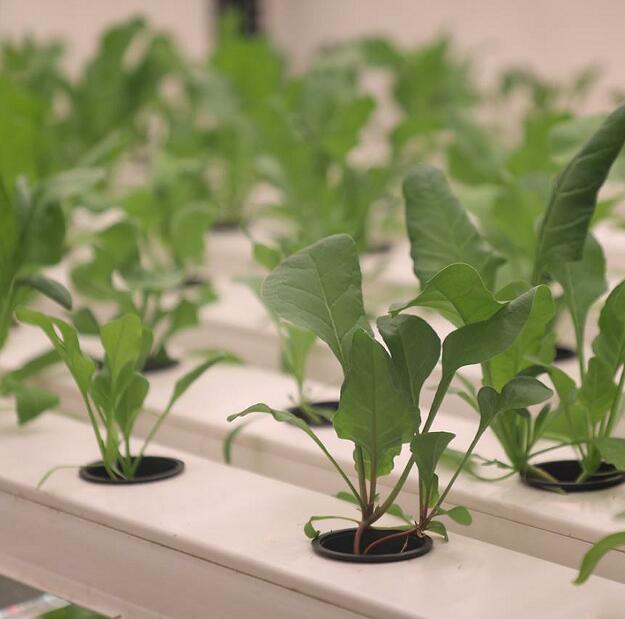Sustainable agriculture is a critical issue facing the world today, and the rapid development of digital technologies has brought many innovations to the agricultural sector. Among them, Non-Fungible Token (NFT) technology, as an application of blockchain technology, is gradually demonstrating its unique value in agriculture. This article will explore the role of NFT systems in sustainable agriculture, focusing on their advantages in water resource utilization efficiency, land conservation, and the environmental benefits of soilless cultivation.
Introduction to NFT Systems
Firstly, let's briefly understand NFT systems. NFTs are digital assets based on blockchain technology, and each NFT is unique and cannot be replicated or replaced. In agriculture, NFTs can be used to track the production, supply chain, and sales process of agricultural products, thereby achieving full traceability and transparency.
Water Resource Utilization Efficiency
Water resources are indispensable elements in agricultural production, and NFT systems can improve water resource utilization efficiency. Through NFT technology, farmers can monitor real-time information such as soil moisture, crop growth, and climate changes. This data can help farmers adjust irrigation systems more accurately, avoid wasting water resources, and ensure that crops receive sufficient moisture.
Video Link: Watch Video
The above video demonstrates how to monitor soil moisture in farmland using NFT systems, adjust irrigation systems through real-time data analysis, improve water resource utilization efficiency, and reduce water waste.
Land Conservation
Traditional agricultural production often requires a large amount of land, but with the increasing population and accelerated urbanization, land resources are becoming increasingly scarce. NFT systems can help agriculture conserve land. Through soilless cultivation techniques combined with NFT systems, farmers can plant more crops in limited spaces, thereby increasing land utilization efficiency.
Environmental Benefits of Soilless Cultivation
Soilless cultivation is a water-saving, energy-saving, and environmentally friendly planting method, and NFT systems can further enhance its environmental benefits. In soilless cultivation systems, plant roots are directly exposed to nutrient solutions. Through NFT technology, the nutrient supply to plants can be precisely controlled, avoiding soil pollution and excessive fertilizer application. Additionally, NFT systems can achieve full traceability of agricultural products, ensuring product quality and safety, and providing consumers with more trustworthy agricultural products.
Conclusion
In conclusion, NFT systems play an important role in sustainable agriculture, especially in improving water resource utilization efficiency, conserving land, and promoting the development of soilless cultivation. With the continuous advancement of technology and the expansion of applications, it is believed that NFT systems will bring more innovation and changes to agriculture, helping agriculture achieve more sustainable development.







